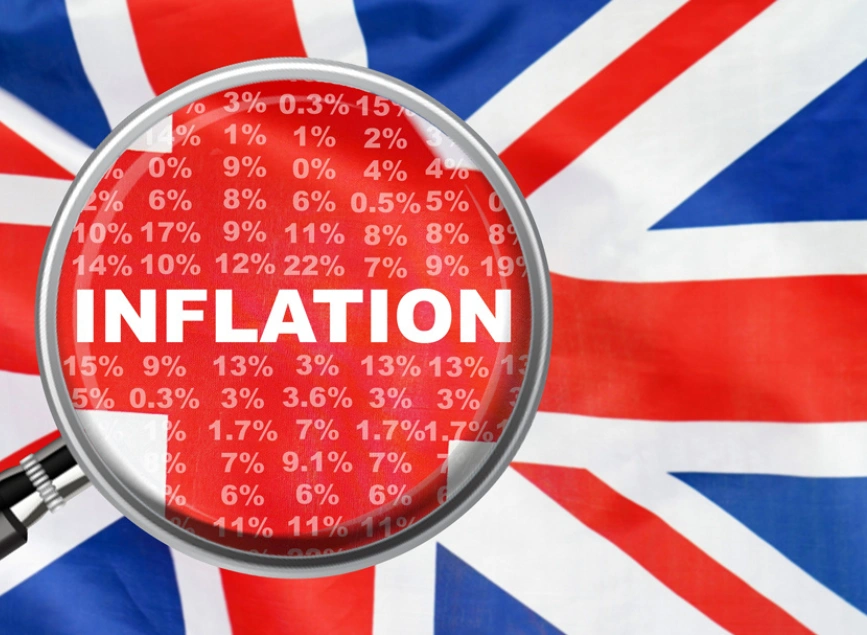
Decreasing Inflation Rate in Australia
In August 2024, Australia’s Consumer Price Index (CPI) rose by 2.7% compared to the previous year, a notable decrease from the 3.5% inflation rate recorded in July. This figure also fell short of market expectations, which had anticipated a 2.8% increase. The latest data marks the lowest inflation rate since August 2021, bringing welcome relief to consumers and policymakers alike.
Entering the Target Range
For the first time in three years, Australia’s inflation rate has entered the Reserve Bank of Australia’s (RBA) target range of 2 to 3 percent. This development signals a positive shift in the economic landscape, as the RBA has been striving to bring inflation under control amid a backdrop of rising living costs and economic uncertainty. The drop in inflation is seen as a sign that previous monetary policy measures are beginning to take effect, potentially allowing the RBA more flexibility in future interest rate decisions.
Factors Contributing to the Decline
The decrease in inflation can be attributed to several factors, including a stabilization in global supply chains and a reduction in energy prices. Additionally, improvements in domestic production and a softening in consumer demand have contributed to easing price pressures. Categories such as food and transportation, which previously experienced significant price hikes, have shown signs of moderation, further supporting the overall decline in the CPI.
Economic Implications
The cooling inflation rate is likely to impact consumer confidence positively, as households may feel less pressure from rising prices. This could lead to increased spending, which is crucial for sustaining economic growth. Moreover, with inflation now within the RBA’s target range, there may be room for adjustments in monetary policy, potentially fostering a more favorable economic environment.
Outlook
While the decline in inflation is encouraging, economists caution that challenges remain. Ongoing geopolitical tensions, labor market dynamics, and global economic fluctuations could influence future inflation trends. As Australia navigates these complexities, the RBA and other policymakers will closely monitor economic indicators to ensure that inflation remains anchored and that growth is sustained.
Share
Hot topics

Trading with price action
When they start, most traders will believe that they must discover the ideal indicator for success. At otet markets, we see this every day.They test a variety of indicators, including...
Read more




Submit comment
Your email address will not be published. Required fields are marked *